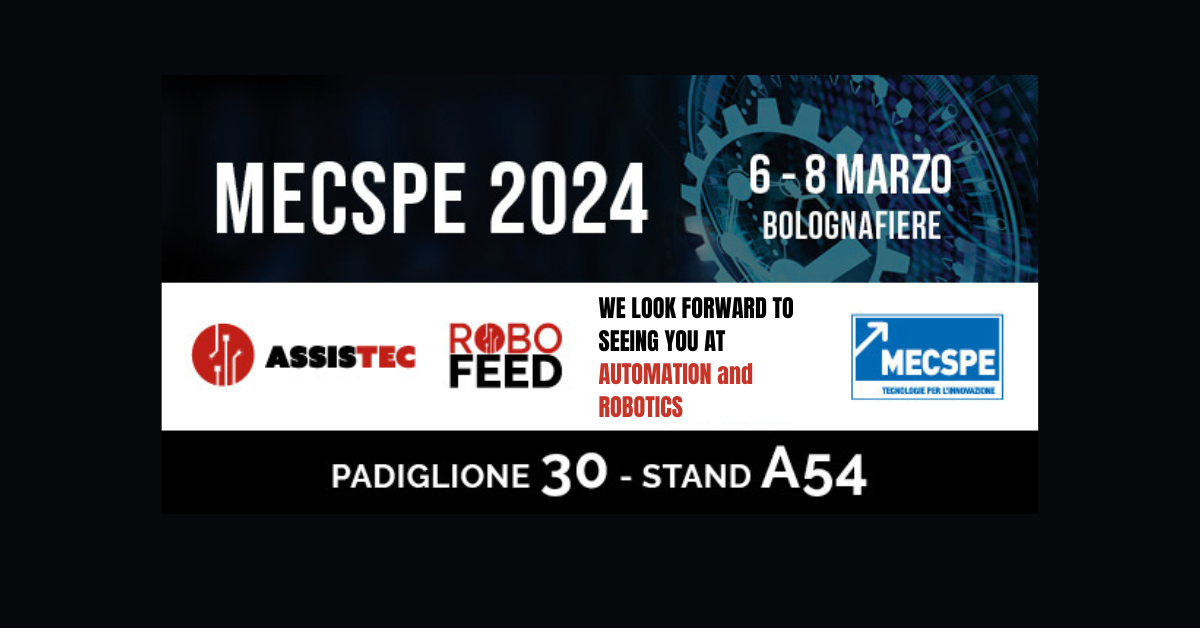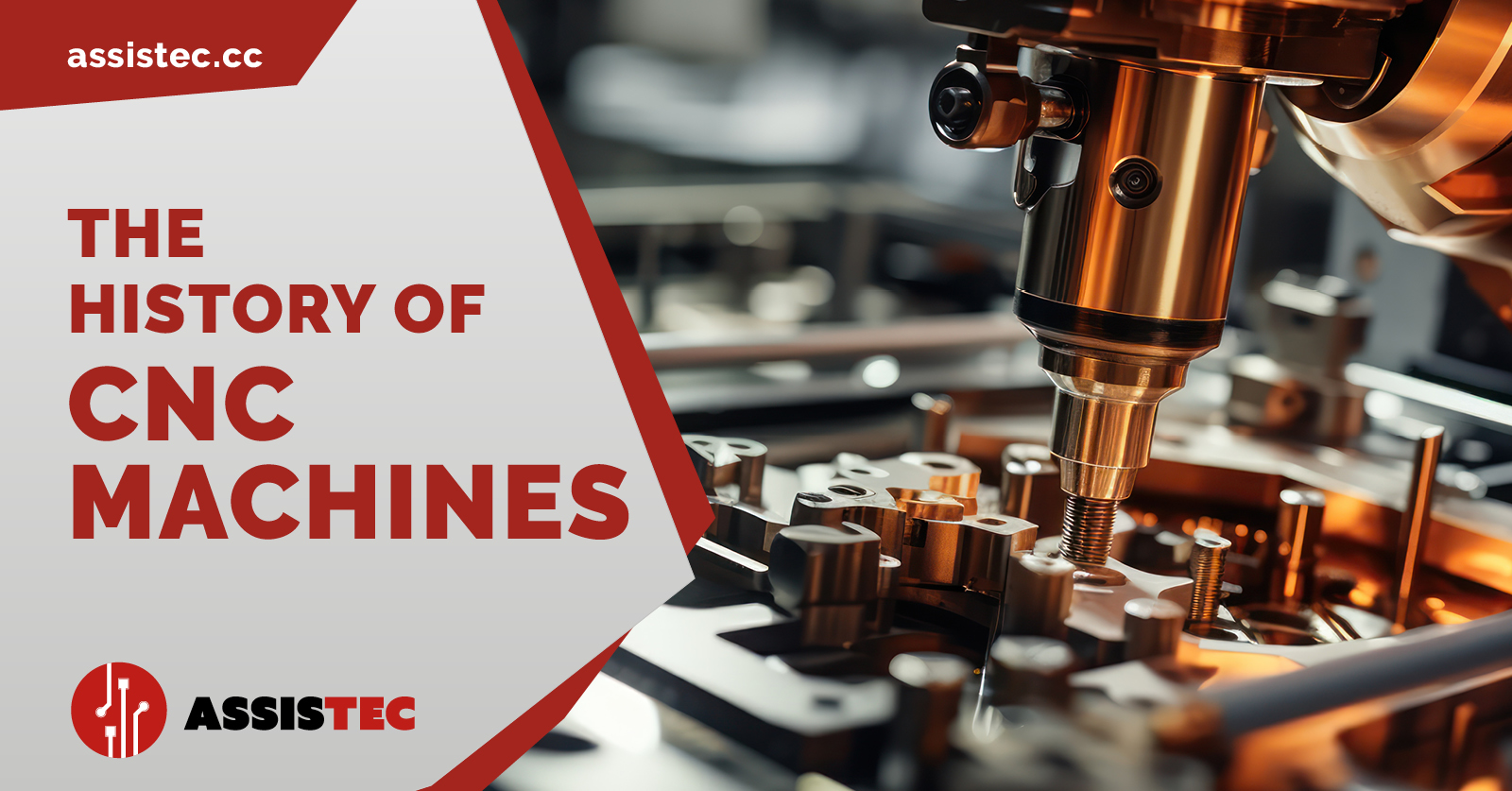Assistec returns to Mecspe 2024


From 06 to 08 March at Bolognafiere, MECSPE 2024, the largest event dedicated to innovations for the manufacturing industry, returns.
Assistec will be present at the exhibition with a stand in Hall 30, Stand A54.
At the Assistec stand you will be able to discover the latest in automation and control systems for the manufacturing industry.
Visit our stand to find out more!
Recent Posts

-
Assistec is your partner with over 25 years of experience in full service for CNC machine tools, offering both electronic and mechanical technical support. Our main objective is to minimise machine downtime, ensuring a rapid return to production and an efficient return on investment.
CNC electronic support services: rapid diagnosis and effective solutions
Our electronic service on CNC machine tools is characterised by a comprehensive service that begins with a thorough prior telephone diagnosis by our service department. This initial phase is crucial to quickly understand the nature of the problem. Thanks to our well-stocked electronic spare parts warehouse, we are often able to resolve the fault already during the first technical intervention.
-
MECSPE 2025 is one of Europe's leading trade fairs dedicated to innovation in the manufacturing industry. It is a crucial event for companies that want to stay up-to-date with the latest technologies, solutions and trends in the industry.
Over the years, MECSPE has helped transform artisanal processes into large-scale precision industrial systems. Today, the show serves as a meeting point for machinery manufacturers, technology suppliers, system integrators, and end users, creating an ideal environment for networking and knowledge exchange.
MECSPE is essential to discover how to automate and digitise production processes, improve efficiency, reduce costs and increase competitiveness. In this context, Assistec has decided to play a leading role once again, confirming its presence also in the 2025 edition.
-
Numerically controlled (CNC) machines represent one of the most important technological innovations of the modern industrial era.
Their ability to automate and standardise complex operations has changed the face of manufacturing, transforming craft processes into large-scale industrial precision systems.
The spread of CNC machines has made it possible to reduce human error, increase productivity and, above all, guarantee repeatability of machining operations that would otherwise have been impossible. This has proved particularly crucial in sectors where precision, efficiency and speed are vital, such as aerospace, automotive, precision engineering and medical device manufacturing.
One of the main reasons for the success of CNC machines is their ability to perform tasks with extreme precision that previously required the manual intervention of skilled workers.
With CNCs, on the other hand, once the machining has been programmed, the machine can perform an infinite sequence of operations without loss of precision, solving problems of variability and improving the quality of the finished product.
At this point, the question might arise: when did CNC machines originate and how did they reach this level of sophistication?



